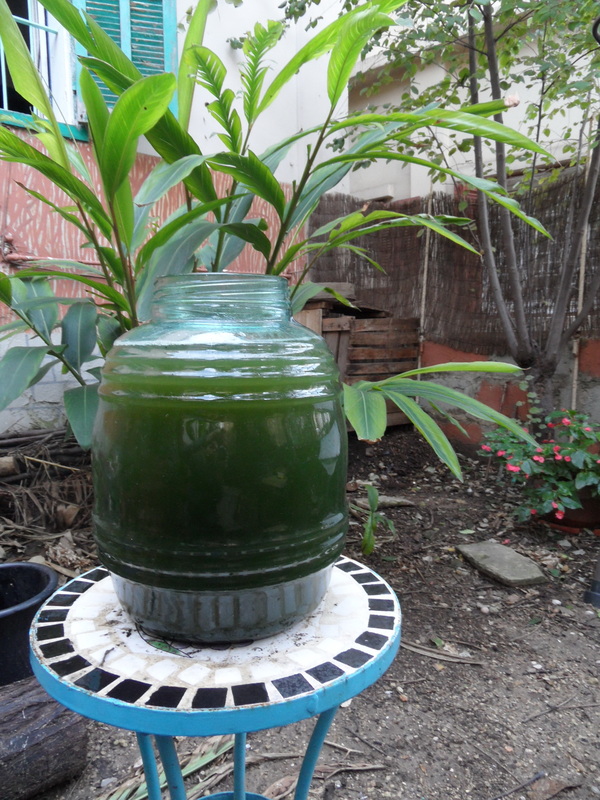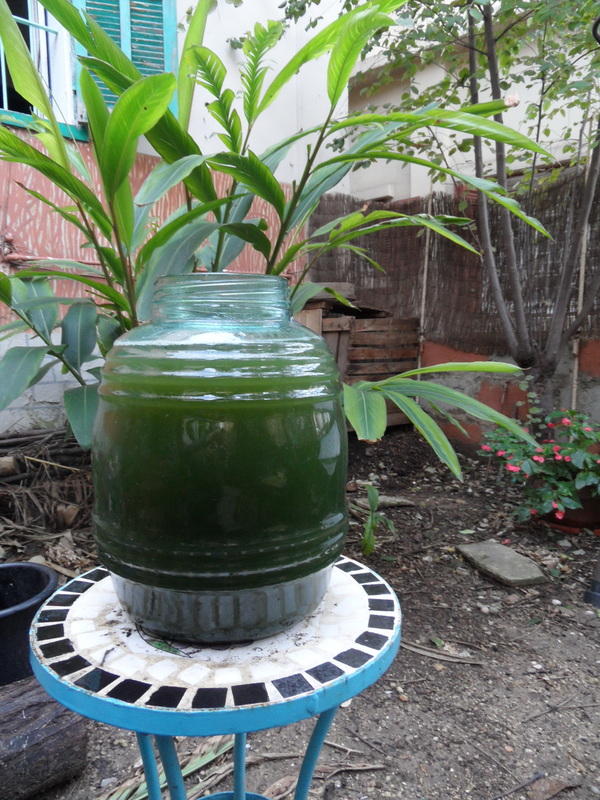
Nettle fertilizer is a powerful, all-natural solution that can supercharge plant growth. Packed with essential nutrients, this homemade fertilizer promotes healthy root development, boosts plant immunity, and accelerates growth. If you want lush, thriving plants, nettle fertilizer might just be the secret weapon you’ve been looking for.
Why Nettle Fertilizer Works:
Nettles are rich in nitrogen, potassium, iron, and calcium, which are essential for strong plant growth. The fermentation process of nettle fertilizer releases these nutrients into a form that plants can easily absorb, making it a highly effective organic fertilizer.
-
Nitrogen: Encourages leafy growth and helps plants develop strong stems.
-
Potassium: Supports flower and fruit development, making it ideal for plants in their flowering or fruiting stage.
-
Iron and Calcium: Strengthens plant cells and improves overall plant health.
How to Make Nettle Fertilizer:
What You’ll Need:
-
A large bucket or container (preferably with a lid)
-
Fresh nettle leaves (you’ll need gloves to handle them)
-
Water
-
Optional: A stick for stirring
Instructions:
-
Harvest the Nettles:
-
Use gloves to pick fresh nettle leaves. Nettles are usually found in wild areas like forests or gardens. You’ll need a good handful or more, depending on the size of your container.
-
-
Fill the Container:
-
Place the nettle leaves in a large container or bucket, filling it about halfway.
-
-
Add Water:
-
Pour water over the nettles, covering them completely. Fill the container until the water level is near the top, but leave some space for the fermentation process.
-
-
Fermentation Time:
-
Cover the container and let it sit in a sunny spot for 1-2 weeks. Stir the mixture every few days. During this time, the nettles will break down and release their nutrients into the water, creating a rich, nutrient-dense fertilizer. You’ll know it’s ready when the mixture turns dark and has a strong, earthy smell.
-
-
Strain the Mixture:
-
After 1-2 weeks, strain out the nettle leaves, leaving behind only the liquid. This liquid is your concentrated nettle fertilizer.
-
-
Dilute for Use:
-
Nettle fertilizer is strong, so you’ll need to dilute it before applying it to your plants. Mix 1 part nettle fertilizer with 10 parts water in a watering can.
-
-
Apply to Plants:
-
Water your plants with the diluted nettle fertilizer. Focus on the base of the plants to give the roots a nutrient boost. You can repeat this process every 2-3 weeks during the growing season.
-
Benefits of Using Nettle Fertilizer:
-
Accelerates Growth:
-
The high nitrogen content in nettles stimulates rapid leafy growth, making this fertilizer especially beneficial for vegetables, herbs, and leafy greens.
-
-
Strengthens Plants:
-
The iron, calcium, and other trace minerals found in nettles help strengthen plant cell walls, making them more resistant to pests and diseases.
-
-
Improves Soil Health:
-
Nettle fertilizer not only feeds your plants but also improves soil quality by boosting beneficial microbial activity, which helps plants absorb nutrients more efficiently.
-
-
Eco-Friendly and Free:
-
Nettle fertilizer is 100% organic and sustainable. It’s a great way to recycle plants that are often considered weeds and turn them into a valuable resource for your garden.
-
-
Supports Flower and Fruit Production:
-
The potassium in nettle fertilizer promotes flowering and fruiting, making it perfect for fruit trees, tomatoes, peppers, and other flowering plants.
-
Tips for Using Nettle Fertilizer:
-
Use Regularly: Apply nettle fertilizer every 2-3 weeks during the growing season for best results.
-
Avoid Applying to Young Plants: Nettle fertilizer is rich in nutrients and can be too strong for seedlings or very young plants, so wait until they’re established before applying.
-
Compost the Leftover Nettle: After straining the liquid, you can add the leftover nettle leaves to your compost pile to further enrich your garden.
Conclusion:
Nettle fertilizer is a simple, cost-effective way to give your plants a nutrient boost and promote faster, healthier growth. With just a few ingredients and a bit of time, you can create an organic fertilizer that will keep your plants thriving all season long. Give it a try, and watch your garden flourish like never before!




